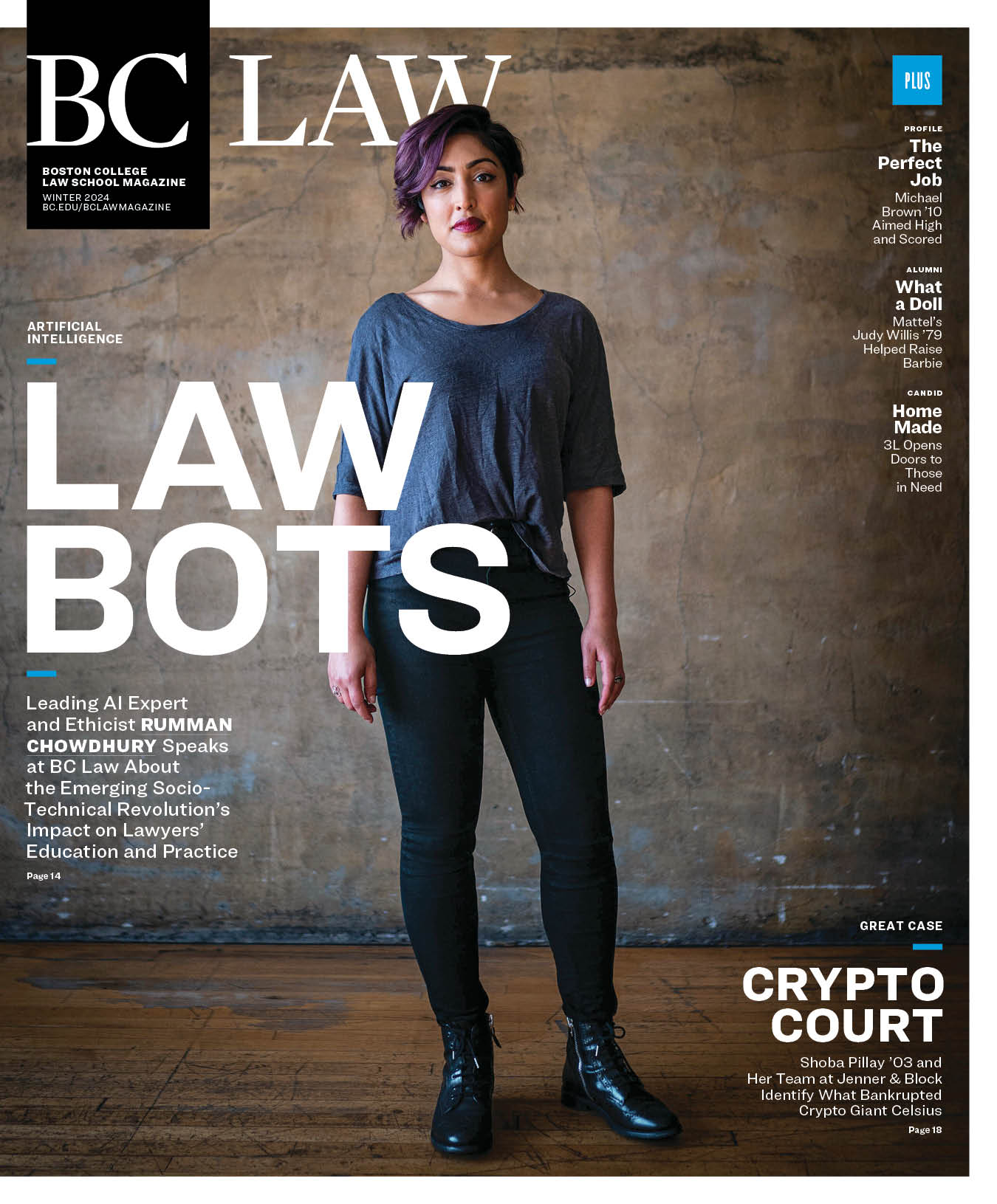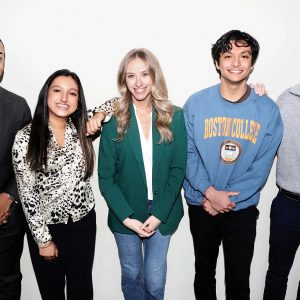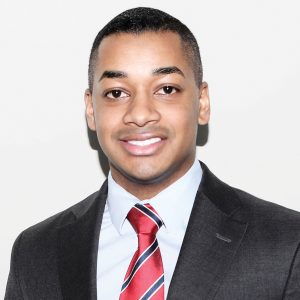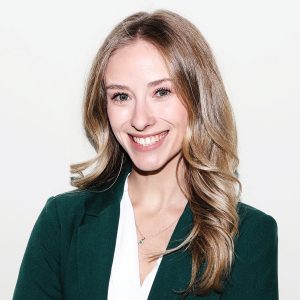As the old rickety elevator doors of the National Grange headquarters in Washington, DC, crept open, my first confrontation with office life was a massive painting of angry farmers carrying pitchforks, burning effigies, and waving flags. As a first-generation Chinese Iranian immigrant, I always hoped to be judged on my ability rather than my identity, but as a New England suburbanite in an office drowning in Southern twang, I knew I was an intruder. While many of my coworkers spent their summer vacations on the family farm, my after-school activities involved debate team tournaments, moot court, and canvassing in municipal elections.
To try to prove myself, I tirelessly studied to understand the political culture and interests of America’s farmers. Although I could never shake the feeling that my voice mattered less because I didn’t look like a typical farmer, my perspective changed after conducting an interview with a Native American fruit farmer. After I confessed to him that I’d never set foot on a farm, he quaintly replied, “Some are better with a shovel and others are better with a pen.” What I took away from his remark was that, while our identity is personal, our actions are universal. What matters more is how I apply my efforts and strengths to the farmer’s cause, not whether I share the farmer’s look, mannerisms, or upbringing. At the end of my internship, I instantiated myself as a vociferous advocate for the National Grange, and fought for the eventual passage of the 2018 Farm Bill.
I carried this spirit back to my college campus when I decided to run and become a board member of the Iranian Student Association. Being only half Persian, I always felt uneasy taking a mantle as a representative for Iranian students. After returning from my internship, I became my own best advocate. During candidate speeches, I spoke from the heart. I mentioned my actions as a member for the past two years: helping set up fundraisers, Nowruz ceremonies, and charity drives, while also highlighting the friendships and connections I’d made. Instead of diminishing my candidacy by dwelling on my lack of full heritage, I recognized my actual actions, abilities, and potential value as a board member. Thankfully, I won the election and was blessed to represent a group and culture I admire and identify with so greatly.
After graduating college, I became a legal assistant at an international law firm. Our office onboarded cases from foreign citizens caught up in the American legal system who were confused, distraught, and mistreated in police custody. Oftentimes, police interpreted our clients’ misunderstanding as a lack of self-respect and competence. In such cases, the clients were judged by their identity rather than their actual person. While it is frustrating to learn the painful details of these cases, nothing was quite so satisfying as “re-humanizing” the client.
Instead of a clueless fool, these people’s images were rehabilitated before the court as parents of children who miss them, citizens of communities for which their absence was sorely felt, and human beings worthy of dignity and respect. While the outcomes of the cases had yet to be decided, the experiences they brought made me certain I should pursue a law degree.
After working with clientele of such differing backgrounds, I saw that the substance of my advocacy was not determined by our superficial similarities and dissimilarities, but by my specialization and diligence toward our common notions of fairness and justice. As such, I see a worthwhile and meaningful purpose in ensuring that the international legal rights, which every human being on earth is entitled to, are more broadly realized.
Even in a world with Google Translate, Duolingo, and many other means of breaking the language barrier, the rights of foreign suspects are routinely disregarded or minimized. As a future lawyer, I can be a voice for those clients, work to rectify the all-too-common mistreatment, and endeavor to make structural changes that uphold their due process rights. People are more than skin deep; there’s a human being inside all of us that should not be constrained by perception. That humanity can be realized when we let the truth ring and we no longer apologize for who we are.








